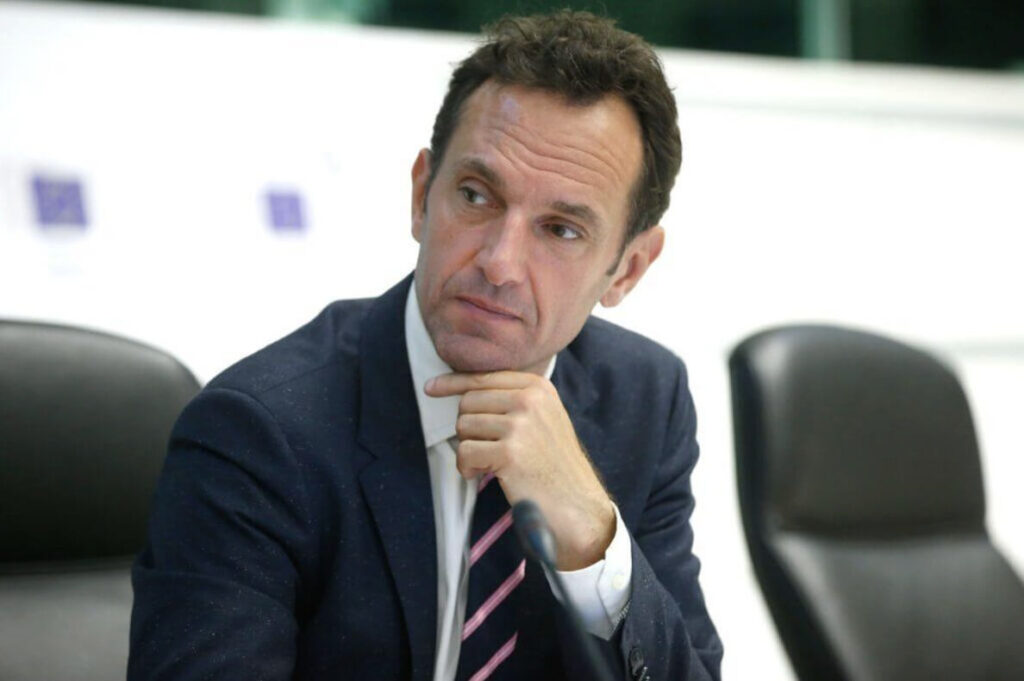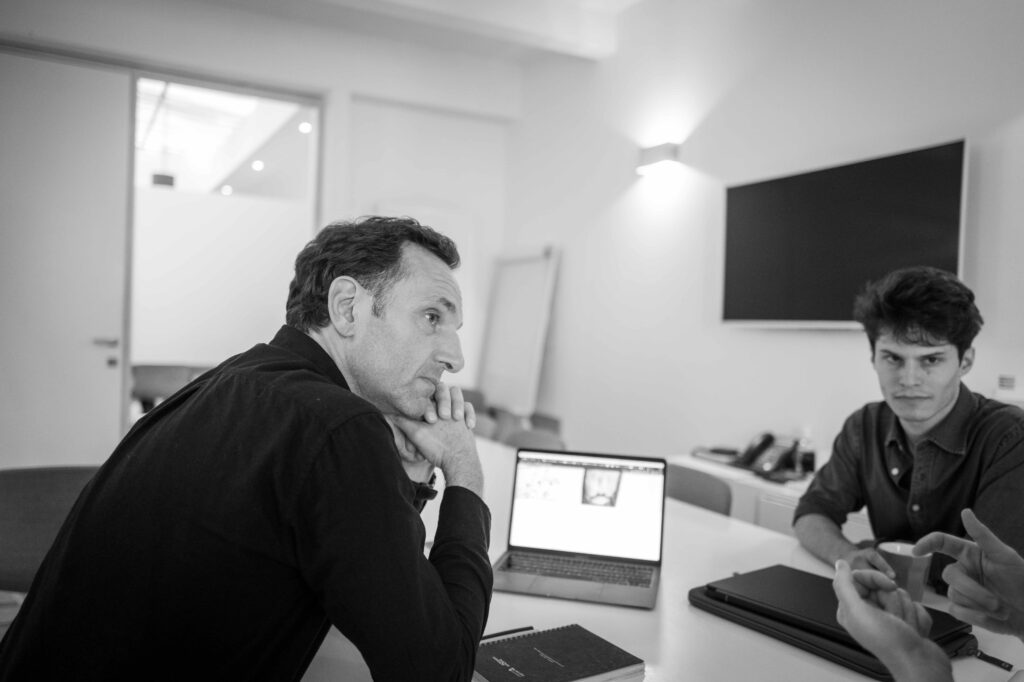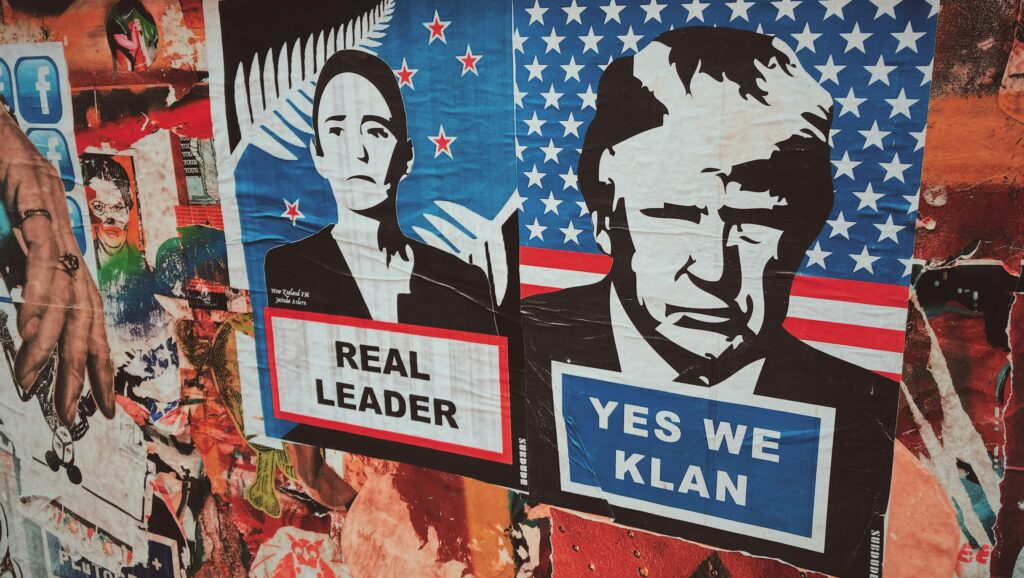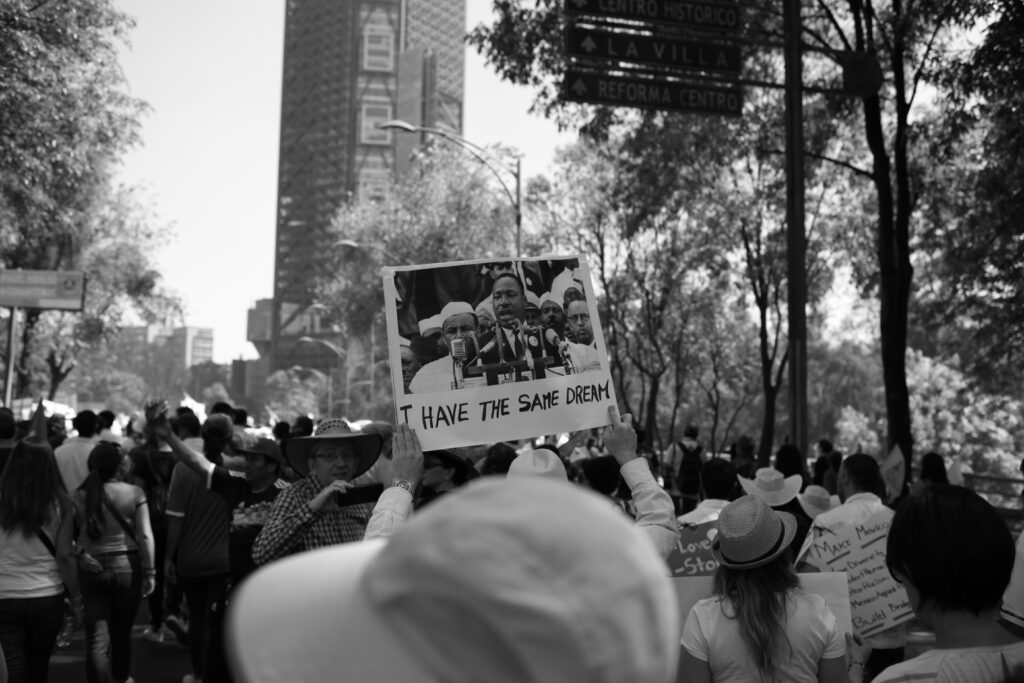Interview conducted by the team at the Centre Algérien de Diplomatie Economique and published on 28 September 2023.
Centre Algérien de Diplomatie Economique: Hello Stephen Boucher, could you introduce yourself to our readers?
Stephen Boucher: Hello, I’m the author of the book Les think tanks, cerveaux de la guerre des idées, published around ten years ago. I’m still working on the question of how to construct ideas and solutions in politics, having set up Dreamocracy, a consultancy whose motto is “collective creativity for the common good”, and Smarter Together, a not-for-profit association that works to share the principles of collective intelligence for the benefit of public players.
CADE: What role do think-tanks play in shaping public policy and how do they work to influence political decisions?
Stephen Boucher: Ideally, think tanks are a space outside institutions that analyse public issues and propose concrete solutions. Of course, in reality, there is a huge variety of organisations (several thousand around the world), some more academic and very academic in their research, others more militant and doing more of a job of digesting information and communicating according to their ideological preferences, others still close to certain economic circles and part of broad lobbying strategies.
CADE: How do think-tanks gather information and carry out analyses to support their research and policy development work?
Stephen Boucher: It depends on the type of think tank. Most think tanks, with the exception of the very large structures found in the United States in particular, have relatively small teams, from a handful to a few dozen people. So their methods are often very similar to those used by university research teams: field studies, opinion polls, documentary research, and so on. These will take the form of short policy papers (intended to be read quickly by busy decision-makers) or more substantial reports, intended to provide food for thought for the civil servants in charge.
CADE: What are the main methods used by think-tanks to promote collective intelligence and facilitate dialogue between the various political players?
Stephen Boucher : That’s a very good question, because when I carried out a survey of some 150 think tanks a few years ago, I asked that very question, and the answer wasn’t as clear-cut as I’d expected! Perhaps things have changed, but at the time, before writing the book, I thought that as ‘think tanks’ (the word ‘think’ is, after all, in their label…), these organisations would have a clear idea of the methods to be used to produce original, hard-hitting proposals, etc., and thus generate more collective intelligence, both within themselves and with society. This is what they generally promote on their websites: “innovative political proposals, etc.”. Yet at the time, the answer I generally heard was very conventional. Basically, a think tank recruits people who are experts in their field – let’s say an expert in public assistance policies for the “social policies” programme – who produce analyses, sometimes on their own, often in consultation with outside players, for example through working groups involving motivated volunteers. So while intelligence is produced, there is little thought given to the methods to be used to generate more collective intelligence. As for dialogue, think tanks are very often places for exchange: conferences, workshops, seminars, colloquia… However, listening and dialogue are more or less real depending on their degree of ideologisation…
CADE: What are the challenges and benefits of using collective intelligence in politics, and how are think-tanks helping to promote this approach?
Stephen Boucher: Collective intelligence is consubstantial with politics. Governing cannot be done alone; no one is “alone in his kingdom”. And governing in the general interest means finding solutions to problems, which is the very definition of intelligence. So governing is, on two counts, a matter of the intelligence of many. This is reflected in the etymology of the two words intelligence and collective, which both refer to the idea of making choices. However, the confrontational nature of politics and power struggles means that this is an area where selfish competition is more dominant than altruistic collaboration. This is where think tanks ideally have a very interesting role to play: to create a space outside the stakes of winning power in order to take a step back, analyse calmly, open the window of possible political options – known as the “Overton window” – and propose solutions that go beyond the shrill and confining battle of words, etc. In fact, collective intelligence in politics is nourished by four key ingredients: inclusion (more participants), diversity (different participants), quality deliberation (exchanges in which we listen to each other about the ins and outs of possible options), and a way of aggregating decisions (for think tanks, their reports, policy papers, etc.). So think tanks can be a place where these ingredients are cultivated.
CADE: How do think-tanks ensure that they maintain their independence and avoid political bias or outside influence in their research and policy recommendations?
Stephen Boucher : First of all, let’s be clear: no think tank is ‘neutral’ or ‘independent’ of any school of thought, contrary to what some people might suggest. They don’t deal with factual issues, but by definition with ethical and political choices. Nevertheless, some have very clear rules to protect their researchers from outside influences and to publish on the subjects that interest them, according to the working methods they deem necessary. I am thinking, for example, of the European institute Bruegel, which ensures that the funding it raises is balanced between the private and public sectors, and that no sponsor has a dominant share in the funding.
CADE: To what extent are the recommendations of think-tanks taken into account by political decision-makers, and how can the impact of their work on public policy be measured?
Stephen Boucher: This question lies at the heart of the work of think tanks, which are lobbyists for ideas. So they need to know whether their work is useful, just as those who fund them want to understand whether their money is well invested. You can’t be sure of fundamental scientific research, it’s very applied and the application must be visible… However, measuring the impact of a player in politics is a challenge. You are never more than a drop of influence in a vast ocean of competition for attention. So in general, think tanks are content to record the traces they leave behind: concepts taken up in the public agenda, press articles reprinting their analyses, meetings with decision-makers, etc. Nevertheless, sometimes a think tank succeeds in very clearly shaping the public agenda and getting laws implemented that translate its proposals into concrete action. The influence of the Brookings Institution in the United States on economic and fiscal policy, particularly during the Great Depression; the role played by various think tanks involving the Heritage Foundation, which shaped the 1986 tax legislation that led to major tax reform under the Reagan administration; the Fondation pour la Nature et l’Homme in France, with its ecological pact during the 2007 presidential election, etc. are all famous examples.





